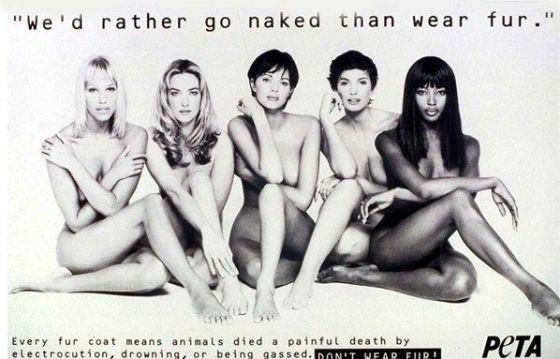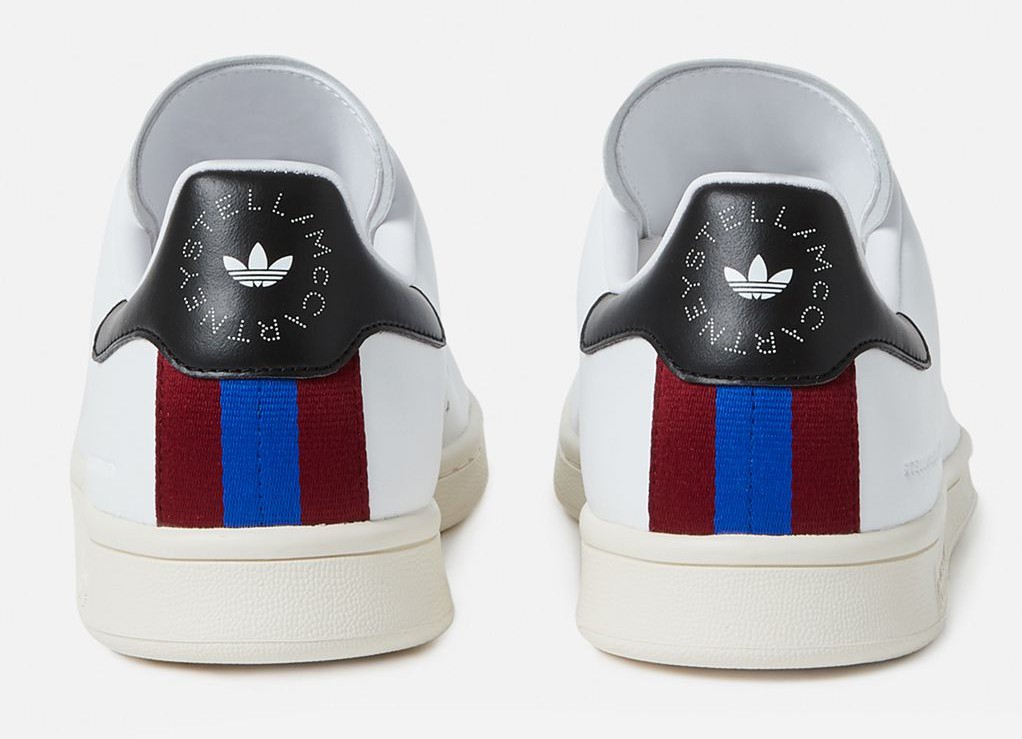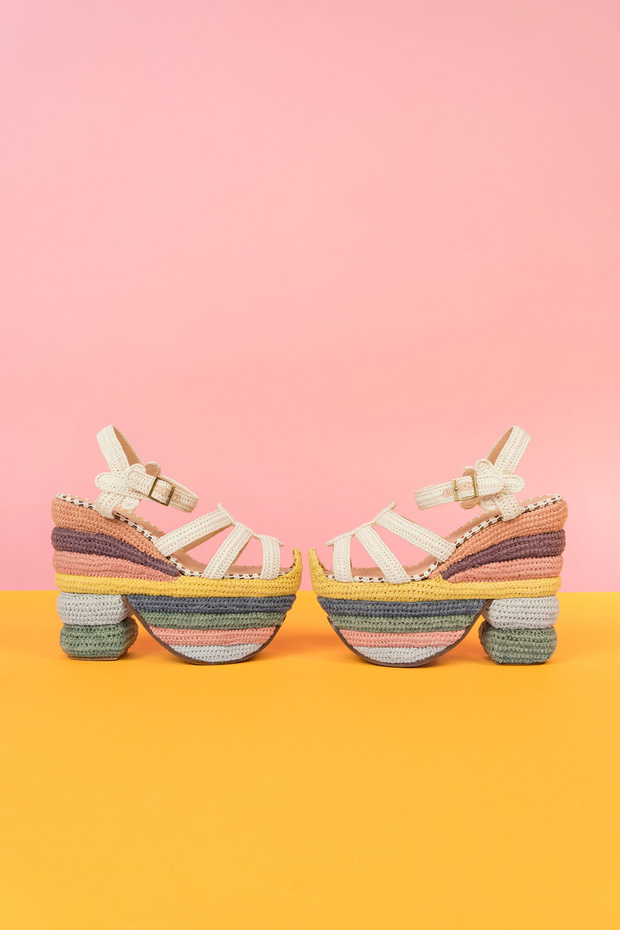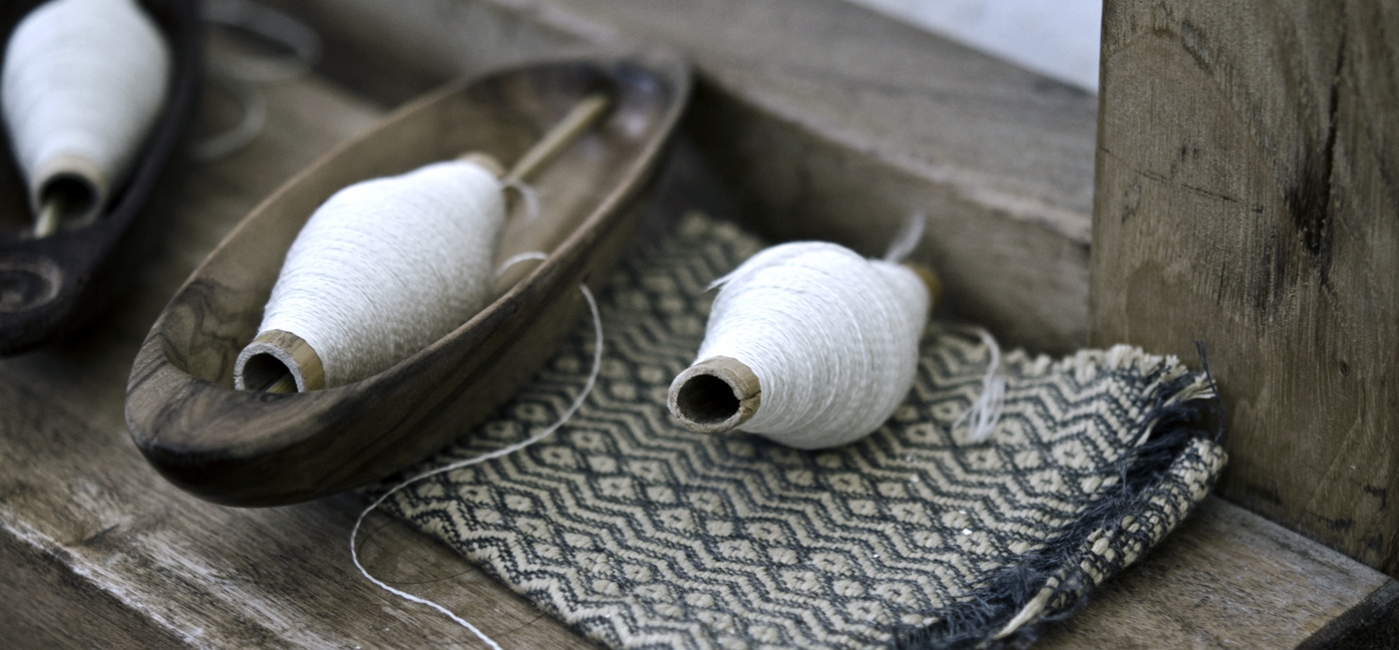We are becoming more conscious of the repercussions of our consumer habits and that our purchase decisions are a declaration of our intentions. But is artificial leather made from polyester more sustainable than the real thing? Your choice will give you away.
Designers turn their back on animal skins
“Nowadays, we don’t want a product. We want ethics, a company that stands up for the values that we admire,” said John Galliano last year, when he announced his decision to stop using animal skins.
Animal skins have gone from being a symbol of luxury to representing a lack of environmental awareness and respect towards animals. That’s why the big fashion houses and their designers have slowly stopped using them. The list includes Gucci, Versace, Giorgio Armani, Hugo Boss, Ralph Lauren, Calvin Klein, DKNY, and most recently, Prada. But have they really had an awakening? Or is just about their image?

“Vegan” sneakers made of plastic
One of the pioneers of ethics in fashion is Stella McCartney. She has designed a women’s activewear collection for the Adidas SS19 campaign whose pieces are made from 70% recycled materials. One example that stands out is her version of the famous Stan Smith sneakers: the essence of the classic design remains, but they are made from “vegan leather”. Their higher price (250 euros, compared to 95 euros for the leather version) has not stopped them from being a best-seller. For those that buy them, including Princess Victoria of Sweden, the difference in price is worth it if it means they respect animals and contribute to sustainability.

Sustainable thinking, sustainable fashion
One of the exhibitions at the Salvatore Ferragamo Museum in Florence is a must for everyone that is worried about the environmental impact of their fashion habits. The goal of Sustainable Thinking, which runs until March 8 next year, is to make visitors reflect upon the urgent need to put sustainability first and to change our consumer habits so that we buy less, but better. Here’s another alternative which is gaining popularity: creating closets in the cloud thanks to clothing rental companies.
In Florence, we can see pioneering designs by Salvatore Ferragamo and many other examples of the use of natural materials, as well as the reusing and recycling materials. These include pieces by Eileen Fisher, one of the pioneers of ethical fashion; Christopher Raeburn, whose designs are made out of materials sourced from the military, and Bottletop bags.

Fashion with a social conscience
At Ferragamo’s exhibition, we can also find examples of designers who have created pieces using old techniques, which helps to preserve and sustain local artisanal communities. They include Cangiari, Stella Jean, and Studio 189.

On-demand production: the new zero-waste
Celebrities like Olivia Palermo and Alexa Chung are just some of the clients that have been convinced by the new philosophy adopted by cult shoe brand Bionda Castana: on-demand production. They don’t mind waiting for one of the four limited edition designs that the brand makes every month. The Duchess of Sussex also opts for sustainable fashion, and is a regular customer of her friend Misha Nonoo’s brand, which also produces items on-demand.
Bionda Castana approaches sustainability by using on-demand artisanal production



